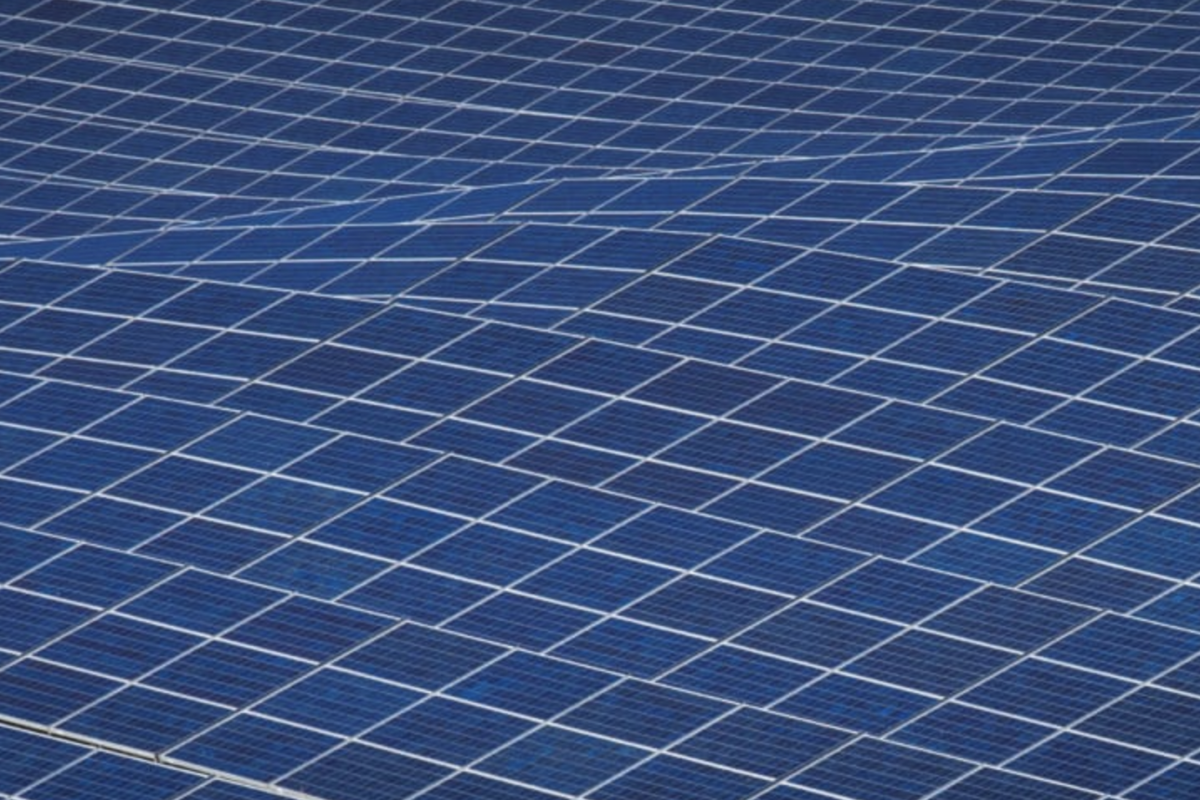Green hydrogen is seen as key to a successful energy transition. The technology is used to convert electricity from PV and wind projects into hydrogen by electrolysis, but it is still in its infancy. The Gigawatt Elektrolysefabriek project, recently launched by the Dutch Institute for Sustainable Process Technology (ISPT), was designed to change that, as it plans to develop a gigawatt-scale electrolysis plant at the Port of Rotterdam.
A consortium of companies and research institutes is looking for ways to produce green hydrogen on an industrial scale at the port. Current electrolysis projects only have capacities of a few megawatts, so the technology must be ramped up by a factor of 1,000 to supply Dutch industry with sustainable hydrogen in the future.
Hydrogen production in the Netherlands currently stands at around 800,000 tonnes per year. However, current industrial plants generate hydrogen from natural gas, but not from wind and solar power. The Gigawatt Elektrolysefabriek partners want to jointly determine the requirements for the construction of new electrolysis plants between 2025 and 2030. Another important aspect of the gigawatt-scale plan is the production of heat and oxygen as potentially valuable byproducts of water electrolysis.
The final goal is “an optimal design at minimum cost.” Investing in a gigawatt-scale electrolysis plant would currently cost around €1 billion. But the project at the Port of Rotterdam aims to reduce costs by a factor of three to four. The partners say a gigawatt-scale green hydrogen plant costing €350 million would be a competitive alternative to conventional fossil hydrogen technology. Similar projects may be developed in the industrial districts of Vlissingen-Terneuzen-Gent, Amsterdam, Delfzijl and Geleen.
The Rotterdam project is supported by TKI Energy & Industry. Other partners include Nouryon, Shell, Yara, OCI Nitrogen, Gasunie, DOW Chemical, Ørsted, Frames, ECN, the University of Utrecht and Imperial College London.
This content is protected by copyright and may not be reused. If you want to cooperate with us and would like to reuse some of our content, please contact: editors@pv-magazine.com.




1 comment
By submitting this form you agree to pv magazine using your data for the purposes of publishing your comment.
Your personal data will only be disclosed or otherwise transmitted to third parties for the purposes of spam filtering or if this is necessary for technical maintenance of the website. Any other transfer to third parties will not take place unless this is justified on the basis of applicable data protection regulations or if pv magazine is legally obliged to do so.
You may revoke this consent at any time with effect for the future, in which case your personal data will be deleted immediately. Otherwise, your data will be deleted if pv magazine has processed your request or the purpose of data storage is fulfilled.
Further information on data privacy can be found in our Data Protection Policy.